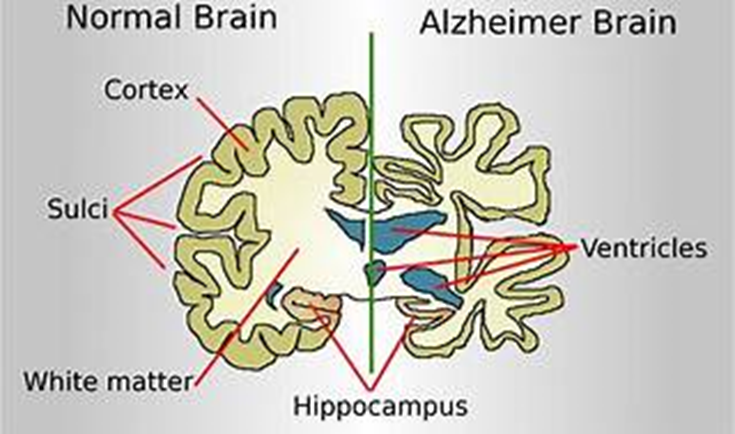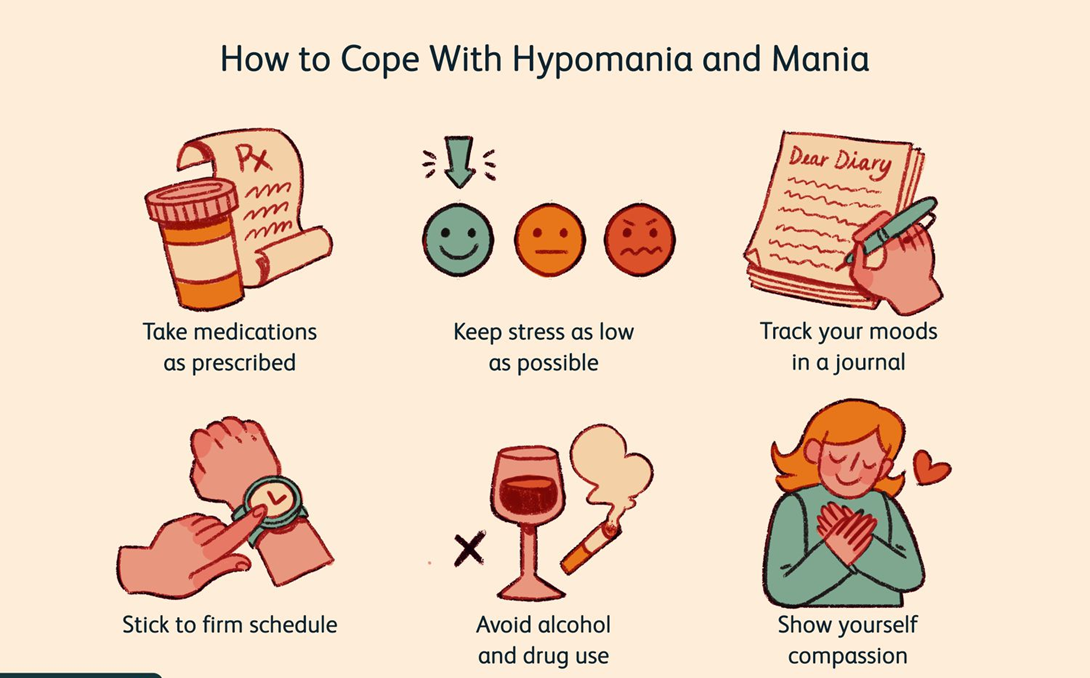A client was recently diagnosed with mild Alzheimer’s disease. Which of the statements shared by the client’s child about their risk for Alzheimer’s disease indicates the need for re-teaching? (Select all that apply.)
“It is okay to eat dessert with my dinner every night.”
“I have less to worry about because I am a female.”
“I can speak with my healthcare provider about genetic testing.”
“I need to make sure to take my blood pressure medication daily.”
“I do not have time in my schedule to add a daily walk.”
Correct Answer : A,B,E
Choice A Reason:
The statement “It is okay to eat dessert with my dinner every night” indicates a need for re-teaching. Diet plays a significant role in the risk of developing Alzheimer’s disease. Consuming high amounts of sugar and unhealthy fats can increase the risk of developing conditions like diabetes and cardiovascular disease, which are linked to a higher risk of Alzheimer’s. A balanced diet, such as the Mediterranean or MIND diet, which emphasizes fruits, vegetables, whole grains, and healthy fats, is recommended to reduce the risk.

Choice B Reason:
The statement “I have less to worry about because I am a female” is incorrect and indicates a need for re-teaching. In fact, women are at a higher risk of developing Alzheimer’s disease compared to men. This increased risk is partly due to women living longer than men, but even after accounting for longevity, women still have a higher incidence of Alzheimer’s. Therefore, it is crucial for females to be aware of their risk and take preventive measures.
Choice C Reason:
The statement “I can speak with my healthcare provider about genetic testing” does not indicate a need for re-teaching. Genetic testing can provide valuable information about one’s risk for Alzheimer’s disease, especially if there is a family history of the condition. While routine genetic testing is not generally recommended for everyone, discussing it with a healthcare provider can help individuals understand their risk and make informed decisions about their health.
Choice D Reason:
The statement “I need to make sure to take my blood pressure medication daily” is correct and does not indicate a need for re-teaching. Controlling blood pressure is crucial in reducing the risk of Alzheimer’s disease. High blood pressure, particularly in midlife, is a significant risk factor for cognitive decline and Alzheimer’s. Therefore, taking blood pressure medication as prescribed is an important preventive measure.
Choice E Reason:
The statement “I do not have time in my schedule to add a daily walk” indicates a need for re-teaching. Regular physical activity is one of the most effective ways to reduce the risk of Alzheimer’s disease. Exercise improves blood flow to the brain, reduces inflammation, and promotes the growth of new brain cells. Incorporating physical activity, such as a daily walk, into one’s routine is essential for maintaining cognitive health and reducing the risk of Alzheimer’s.
Nursing Test Bank
Naxlex Comprehensive Predictor Exams
Related Questions
Correct Answer is A
Explanation
Choice A Reason:
Lorazepam is a benzodiazepine commonly used to manage acute agitation and anxiety. It works by enhancing the effect of the neurotransmitter GABA, which has a calming effect on the brain. Lorazepam is often administered in emergency situations to quickly reduce agitation and prevent escalation to violence. Its rapid onset of action makes it an ideal choice for managing acute episodes of agitation and potential assault.

Choice B Reason:
Valproic acid is an anticonvulsant and mood stabilizer used primarily for the treatment of epilepsy and bipolar disorder. While it can help manage mood swings and prevent manic episodes, it is not typically used for the immediate management of acute agitation or aggression. Its effects are not rapid enough to address an escalating situation effectively.
Choice C Reason:
Bupropion is an atypical antidepressant used to treat major depressive disorder and to support smoking cessation. It works by inhibiting the reuptake of norepinephrine and dopamine, but it does not have the sedative properties needed to manage acute agitation or aggression. Therefore, it is not suitable for immediate intervention in a potentially violent situation.
Choice D Reason:
Sertraline is a selective serotonin reuptake inhibitor (SSRI) used to treat depression, anxiety disorders, and other mood disorders. While it is effective for long-term management of anxiety and depression, it does not have the rapid calming effects required for managing acute agitation or potential assault. SSRIs generally take several weeks to achieve their full therapeutic effect.
Correct Answer is C
Explanation
Choice A Reason:
Administer the medication with food.
Administering clonazepam with food can help reduce gastrointestinal discomfort, but it is not the most critical consideration. While it is beneficial to minimize potential side effects like nausea, it does not address the primary safety concerns associated with clonazepam use.
Choice B Reason:
Administer the medication to the client at night to avoid daytime sedation.
Administering clonazepam at night can help avoid daytime sedation, which is a common side effect of benzodiazepines. However, this is not the most critical safety concern. While managing sedation is important, it does not address the potential for more serious interactions and risks.
Choice C Reason:
Encourage the client to avoid drinking alcohol when taking this medication.
This is the correct response. Alcohol can significantly increase the sedative effects of clonazepam, leading to dangerous levels of sedation, respiratory depression, and even death. It is crucial to educate clients about the risks of combining alcohol with benzodiazepines to prevent potentially life-threatening interactions.
Choice D Reason:
Assess for history of smoking.
While assessing for a history of smoking is part of a comprehensive health assessment, it is not the most critical consideration when administering clonazepam. Smoking does not have the same immediate and severe interaction risks with clonazepam as alcohol does.
Whether you are a student looking to ace your exams or a practicing nurse seeking to enhance your expertise , our nursing education contents will empower you with the confidence and competence to make a difference in the lives of patients and become a respected leader in the healthcare field.
Visit Naxlex, invest in your future and unlock endless possibilities with our unparalleled nursing education contents today
Report Wrong Answer on the Current Question
Do you disagree with the answer? If yes, what is your expected answer? Explain.
Kindly be descriptive with the issue you are facing.
